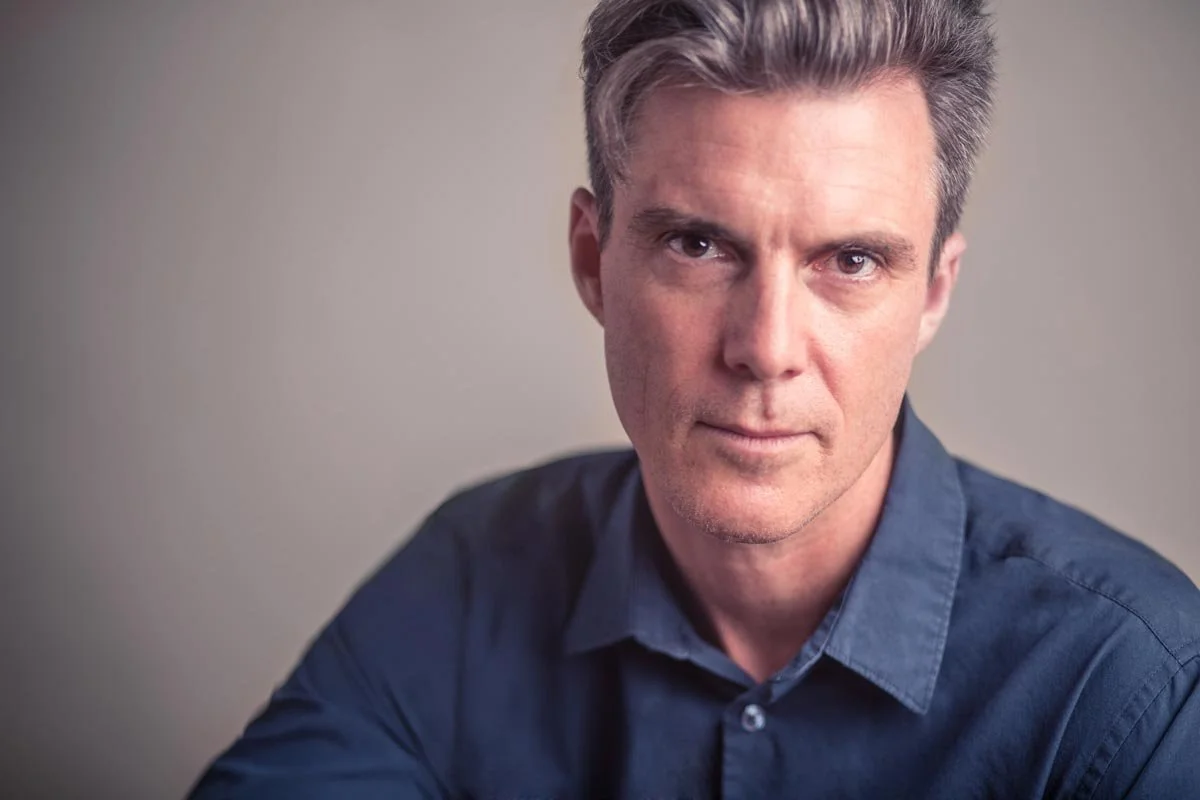Continuing his new podcast series Speaking Out of Place, Professor David Palumbo-Liu interviews Naomi Oreskes, the Henry Charles Lea professor of the History of Science and affiliated Professor of Earth and Planetary Sciences at Harvard University. She is a world-renowned earth scientist, historian, and public speaker. Oreskes is a leading voice in the role of science in society, the reality of anthropogenic climate change, and the role of disinformation in blocking climate action.
In 2010, she and her co-author Erik Conway published Merchants of Doubt: How a Handful of Scientists Obscured the Truth on Issues from Tobacco Smoke to Global Warming, where they identified something called the tobacco strategy that became paradigmatic in terms of corporate efforts to debunk science.
This discovery led them to explore more deeply and more broadly the attack on science. They found that as science was demoted, the idea of market fundamentalism or the “magic of the market” became a mantra that covered up corporate malfeasance. In today's program, we discuss Oreskes’ and Conway's new book, The Big Myth: How American Business Taught Us to Loathe Government and Love the Free Market.
NAOMI ORESKES
I think the word consortium is a good word. It's not a conspiracy, although at times it takes on conspiratorial elements, but it's a kind of network or consortium of people who are working over a very long period of time, going back to the early 20th century to build an ideology that basically says we should trust the marketplace. That markets are not merely an efficient way of developing and delivering goods and services, but that they're actually playing a crucial role in protecting political freedom, protecting political democracy, and they build that story in order to persuade people that government regulation of the marketplace, whether it's to protect workers, consumers, or the environment - even though it might seem attractive superficially - what they're saying is: yeah, but don't be fooled by that because it will actually undermine freedom and democracy. And it's a very clever move because it takes what is initially a self-interested defense of the prerogatives of the privileged, the prerogatives of the captains of industry, and turns it into a seemingly virtuous defense of democracy. And, of course, who wouldn't want to defend democracy?
Photo credit: Kayana Szymczak
Speaking Out of Place, which carries on the spirit of Palumbo-Liu’s book of the same title, argues against the notion that we are voiceless and powerless, and that we need politicians and pundits and experts to speak for us.
Judith Butler on Speaking Out of Place:
“In this work we see how every critical analysis of homelessness, displacement, internment, violence, and exploitation is countered by emergent and intensifying social movements that move beyond national borders to the ideal of a planetary alliance. As an activist and a scholar, Palumbo-Liu shows us what vigilance means in these times. This book takes us through the wretched landscape of our world to the ideals of social transformation, calling for a place, the planet, where collective passions can bring about a true and radical democracy.”
David Palumbo-Liu is the Louise Hewlett Nixon Professor and Professor of Comparative Literature at Stanford University. He has written widely on issues of literary criticism and theory, culture and society, race, ethnicity and indigeneity, human rights, and environmental justice. His books include The Deliverance of Others: Reading Literature in a Global Age, and Speaking Out of Place: Getting Our Political Voices Back. His writing has appeared in The Washington Post, The Guardian, The Nation, Al Jazeera, Jacobin, Truthout, and other venues. Twitter @palumboliu
Apple Podcasts · Spotify · Website



















































